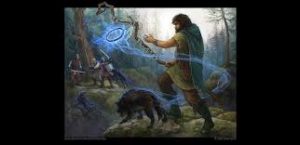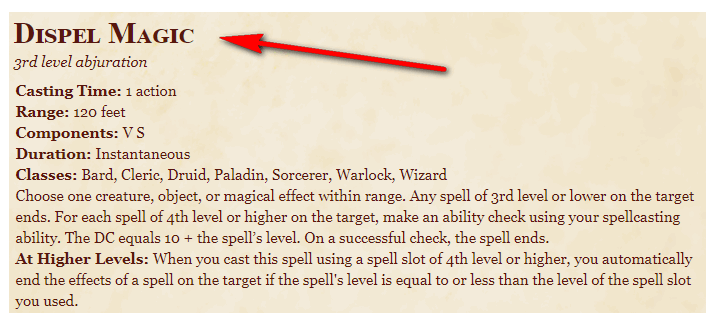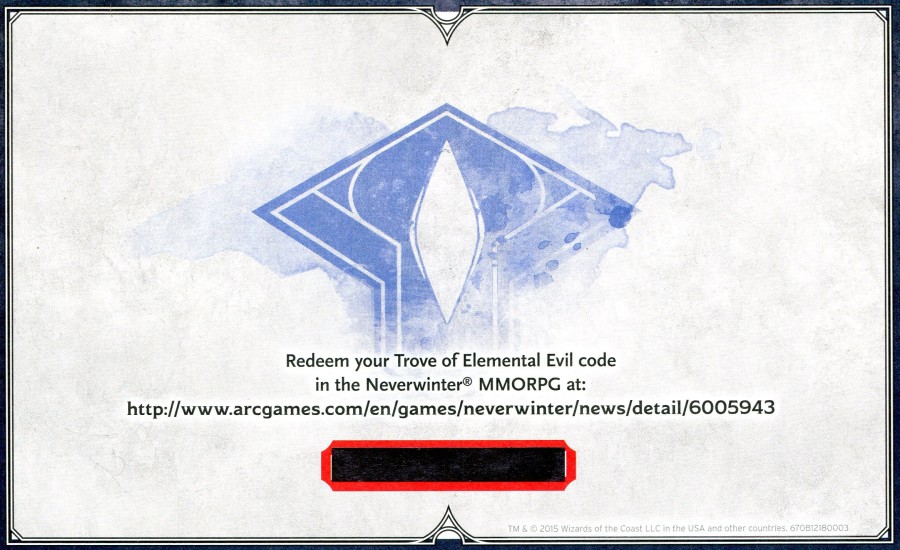

a pond, stream, or larger body of water.Īll elementals must be controlled at all times by the persons who have called them forth. Water Elementals can only be brought forth from a considerable body of water, i.e. are brought forth from flame of considerable heat, i.e. Only magical weapons/attacks affect Elementals.

Thus, if a character possessed a device to call up an Air Elemental, but before he could employ it an opponent conjured an Air Elemental, another could not be created until the next day. Regardless of the strength of an Elemental, only one of each type can be brought into existence during any "day". *Those from medallions, stones, gems, or bracelets. There are variations of strength (hit dice) within all four types: ĮLEMENTALS: There are four types of Elemental: Air, Earth, Fire, and Water. Conjured elementals are the strongest, with 16 hit dice as is explained in Volume II, MONSTERS & TREASURE. The Elemental will remain until dispelled, but the Magic-User must concentrate on control or the elemental will turn upon its conjurer and attack him (see CHAINMAIL).

Only one of each type can be conjured by a Magic-User during any one day. There is no specified duration limit to the spell, but then, only a minority of spells in Chainmail have one.Ĭonjure Elemental: A spell to conjure an Air, Water, Fire or Earth Elemental. The elementals are invulnerable any "normal attacks" (i.e., basic-level troops), and can only be defeated on the Fantasy Combat Table by some heroic type (like dragons, giants, superheroes, etc.). In its initial form the primary characteristics of the spell are (1) a per-type limitation on conjuring, and, importantly, (2) the wizard must avoid being disturbed or be attacked by their own elemental (what we'll call "concentration" in editions hereafter). Note that this is one of only 6 magic spells listed for Wizards as early as 1st edition Chainmail. If an Elemental is uncontrolled by the Wizard who summoned it, it will attack the Wizard who conjured it, moving towards him in a straight path, attacking any figures in its path. Only one Elemental of each kind may be brought into any game in play at the time. impervious to normal attacks against them. Such Elementals must be dispelled by a Wizard or (killed) by combat. An Elemental created by a Wizard who is subsequently killed will attack the nearest figure. (Note: This does not apply to Djinn and Efreet.) If the Wizard who conjured the Elemental is disturbed (attacked) while the Elemental is still in existence, he loses control of it, and it will then attack the conjurer. Targeting the caster does not end the spell as they are not part of the magical effect nor do they have the spell "on" them, despite the need for their concentration.The conjure elemental spell has gone through many modifications through the various D&D editions, and in this case we frequently need to look in at least two different places: both the player's spell description, and also the monster description itself.Ĭonjuration of an Elemental: Wizards can conjure Elementals, but no more than one of each type can be brought into existence. Therefore if you can cast a Dispel Magic on any one of the fey spirits that are there because of the conjuration spell, you have targeted the magical effect, the spell ends and all the creatures disappear as one. The key point is that, as with any spell, if any part of a target is in range of a Dispel Magic you can target it. Any spell of 3rd level or lower on the target ends. This is a key point.Ĭhoose one creature, object, or magical effect within range. For instance the spell ends when the caster loses concentration and all the animals disappear as one. Therefore it is a single magical effect, no matter how far apart the animals get, or how far from the caster they get.

You summon fey spirits that take the form of beasts and appear in unoccupied spaces that you can see within range.Įach beast is also considered fey, and it disappears when it drops to 0 hit points or when the spell ends.Ĭonjure animals is a 3rd level spell that summons a number of fey spirits in the form of beasts and when it ends all the animals disappear together. My argument is that yes casting a Dispel Magic on one of the creatures ends the whole spell. I no longer agree with my answer but instead with the one presented above by Slagmoth, but leave it here for you to read and make your own decision:


 0 kommentar(er)
0 kommentar(er)
